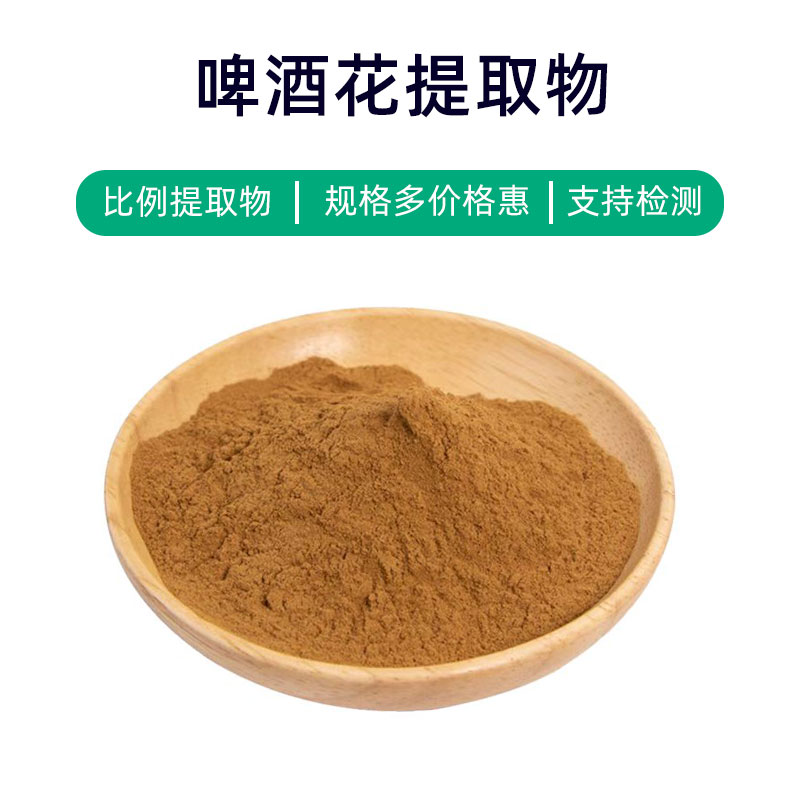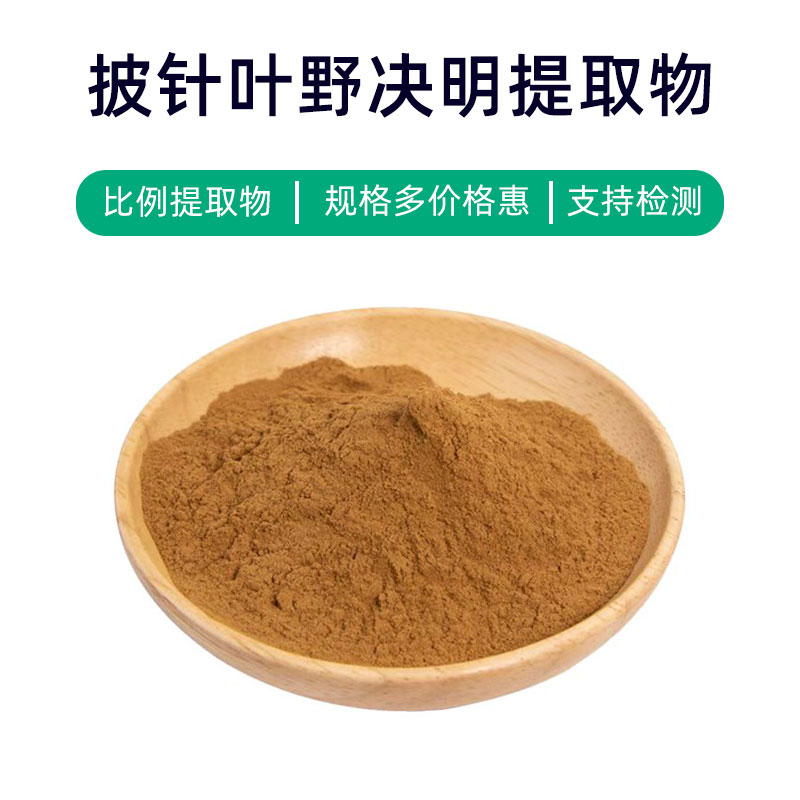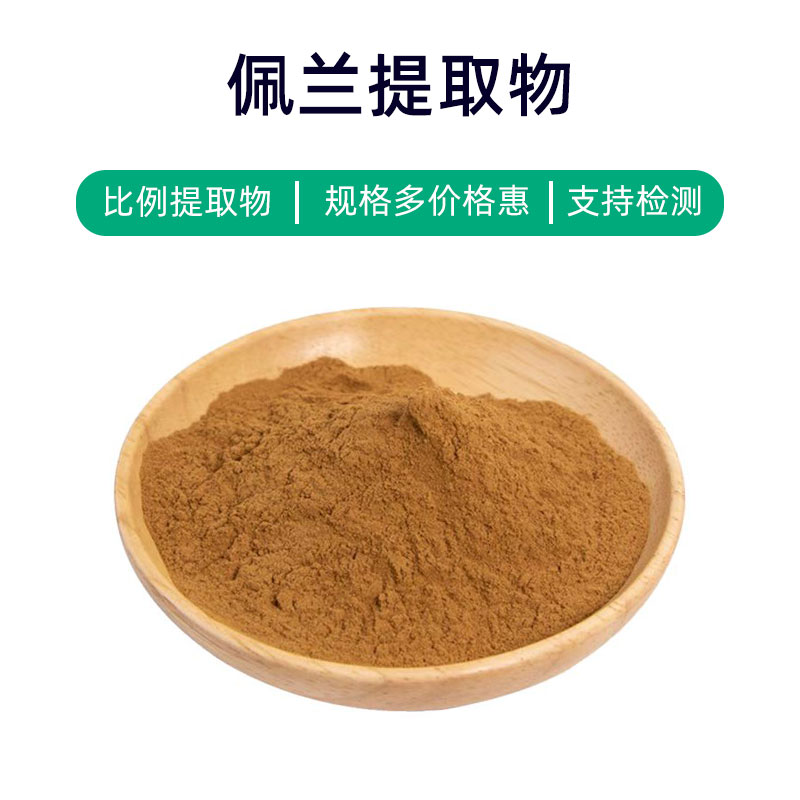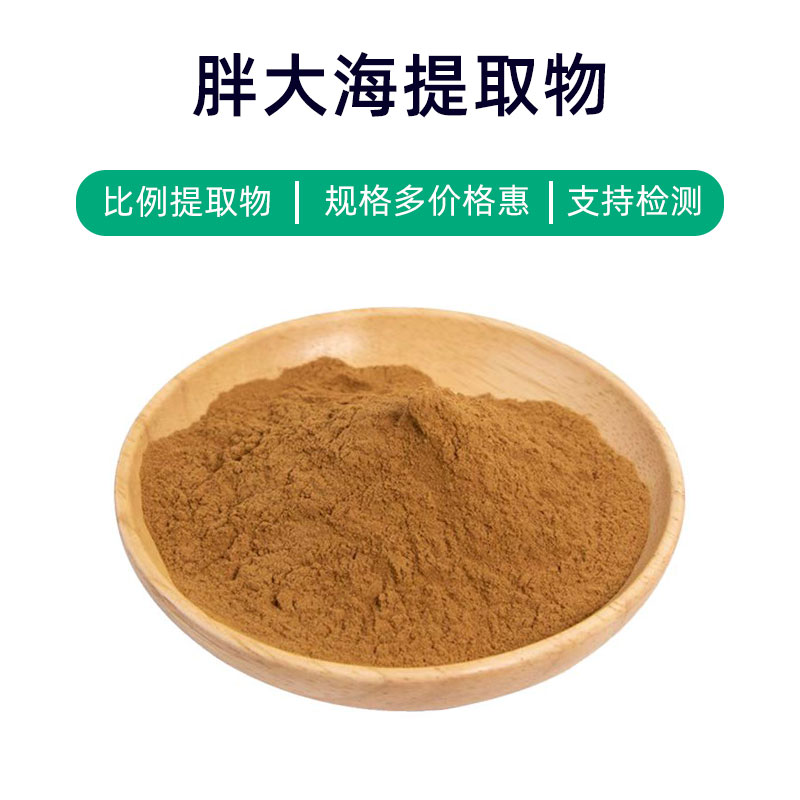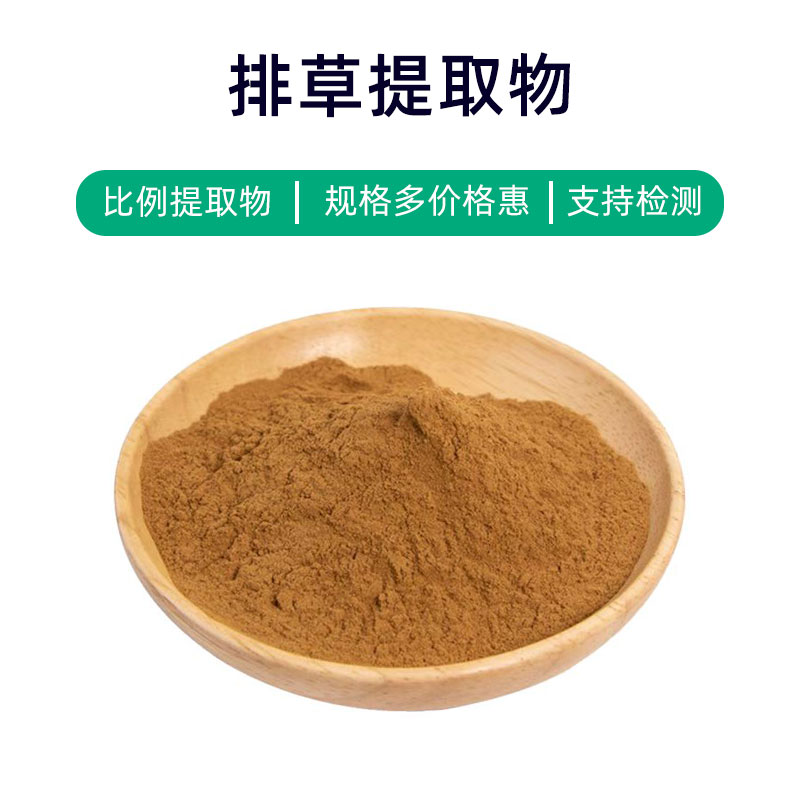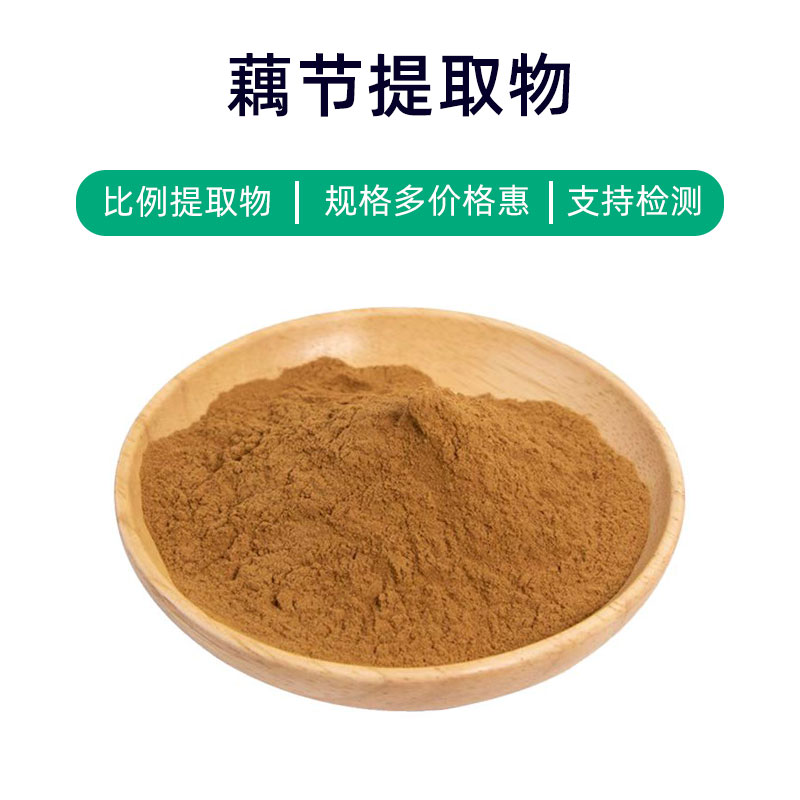Sunflower Extract Product Introduction
Sunflower extract is a natural plant extract derived from the flowers and seeds of the sunflower (Helianthus annuus). It is primarily composed of rich amounts of Vitamin E, alpha-linolenic acid, linoleic acid, and various other nutrients. Sunflower extract is commonly used in skincare products, hair care products, and dietary supplements.
In skincare products, sunflower extract is often utilized as an antioxidant, effectively combating free radicals, slowing the aging process of the skin, and maintaining youthful and healthy skin. Its abundant Vitamin E helps to moisturize the skin, enhancing its hydration capacity and making the skin softer and smoother. Additionally, sunflower extract has soothing and anti-inflammatory properties, alleviating skin discomfort and reducing inflammation.
In hair care products, sunflower extract is frequently added to improve hair shine and softness while also aiding in the repair of damaged hair, reducing breakage and split ends, resulting in healthier, shinier hair.
In the dietary supplement field, sunflower extract is used as a nutritional supplement, providing essential nutrients needed by the body to maintain health and vitality.
Overall, as a natural plant extract, sunflower extract boasts multiple benefits including antioxidant, moisturizing, soothing, and reparative effects, and shows promising applications in skincare products, hair care products, and dietary supplements.
Sunflower Extract Production Process
The production process of sunflower extract typically includes the following main steps:
- Plant Collection and Processing: First, healthy and mature sunflower plants are selected, and the flowers and seeds are harvested. The flowers and seeds are cleaned and processed to remove impurities and undesirable parts.
- Solvent Extraction: The cleaned sunflower flowers and seeds are immersed in a suitable solvent, such as ethanol or hexane, for extraction. The solvent selectively extracts effective components from the sunflower, including Vitamin E and fatty acids.
- Concentration of the Extract: The extracted solvent solution needs to be concentrated, typically using low-temperature concentration or vacuum concentration methods, to evaporate the moisture and impurities, resulting in concentrated sunflower extract.
- Filtration and Purification: The concentrated extract is filtered to remove impurities and undergoes purification to ensure product purity and quality.
- Testing and Analysis: The extract is subjected to quality testing and analysis, including checks for effective ingredient content and residual levels of harmful substances such as microbes and heavy metals, ensuring compliance with relevant standards and regulations.
- Packaging and Storage: Finally, the approved sunflower extract is packaged, with common packaging methods including sealed bottles or foil bags. The extract should be stored in a cool, dry place, avoiding direct sunlight and high temperatures to ensure stability and shelf life.
Following these production steps allows for the production of high-quality, stable sunflower extract suitable for various skincare products, hair care products, and dietary supplements.
Benefits and Side Effects of Sunflower Extract
Sunflower extract is a natural plant extract with various benefits, primarily including the following:
- Antioxidant Benefits: Rich in Vitamin E, flavonoids, and other antioxidants, sunflower extract effectively neutralizes free radicals, slows down skin aging, and protects skin from environmental pollution and UV damage.
- Moisturizing and Hydrating: Sunflower extract has excellent moisturizing properties, increasing moisture content in the skin's stratum corneum, and improving dryness to make skin soft and hydrated.
- Soothing and Anti-inflammatory: The active ingredients in sunflower extract possess certain anti-inflammatory effects, alleviating skin inflammatory responses and discomfort, promoting skin recovery.
- Regulates Skin Oil Balance: Using sunflower extract in moderation can help regulate sebum production, improving oily skin issues for a refreshing and comfortable feel.
- Antimicrobial Properties: Sunflower extract contains natural antimicrobial components that inhibit the growth of bacteria and fungi, preventing skin infections and inflammation.
- Promotes Hair Growth: The Vitamin E and fatty acids in sunflower extract support hair growth, improving scalp health and enhancing hair vitality.
Sunflower extract is generally considered a natural plant extract, and its usage methods and dosage should follow the product's instructions or medical advice. It can be incorporated into skincare products like lotions, creams, and serums or used in hair care products. During use, avoid contact with the eyes and mucous membranes; discontinue use immediately if any allergic reaction or discomfort occurs and consult a physician.
Applications and Dosage of Sunflower Extract
Sunflower extract has wide applications in the pharmaceutical, food, and cosmetics industries. Below are application scenarios and usage recommendations for each area:
- Pharmaceutical Applications:
- Treatment of Skin Inflammation: With its anti-inflammatory components, sunflower extract can be used in the preparation of topical ointments and emulsions for treating skin inflammation, eczema, and other skin disorders. Usage: Apply externally to affected areas 1-2 times daily.
- Moisturizing Repair: Sunflower extract has good moisturizing and reparative effects, suitable for treating dry and rough skin. Usage: Apply to dry skin areas and massage until absorbed 1-2 times daily.
- Food Applications:
- Food Additive: Sunflower extract can function as a natural food additive to enhance the nutritional value and taste of food items. Usage: Add according to food production requirements, with the amount based on specific product formulations.
- Flavoring Agent: The aromatic components of sunflower extract can be used as a flavoring agent to impart special aroma and taste to food. Usage: Add according to food recipes and taste requirements in appropriate amounts.
- Cosmetic Applications:
- Skincare Products: With its antioxidant, moisturizing, and anti-inflammatory effects, sunflower extract can be used in skincare formulations, such as lotions, creams, and serums. Usage: Follow product directions, typically applied morning and night, gently massaged into clean skin until absorbed.
- Hair Care: Sunflower extract nourishes and repairs hair, suitable for shampoos and conditioners to improve hair quality. Usage: Use as directed, applying to wet hair, massaging, and then rinsing.
As a natural plant extract, the application of sunflower extract in pharmaceuticals, foods, and cosmetics must comply with relevant legal regulations and product quality standards. The production process must be strictly controlled to ensure product safety and efficacy. During use, avoid contact with the eyes and mucous membranes; discontinue use immediately if discomfort occurs and seek medical advice.
Sunflower Plant Overview: Source, Distribution, and Growth Environment
Sunflower (Latin name: Helianthus annuus) is a plant commonly belonging to the Asteraceae family and is the most prevalent species in the genus Helianthus. Here are detailed insights into the sunflower plant, including its source, distribution, and growing environment:
Source of the Plant:
Sunflower is an annual herbaceous plant characterized by its upright growth, typically reaching heights of 1.5 to 3 meters. Its stem is upright, branched, and generally rough, appearing pale green. The leaves are heart-shaped or oval, opposite, with a green surface and serrated edges. Sunflower flowers are large, featuring yellow petals and a dark-colored flower disc at the center.
Distribution:
Sunflower is native to North America, primarily found in the central and southern regions of the United States and Mexico. Due to its strong adaptability, it has been widely cultivated in warm regions around the world, including Europe, Asia, and Africa.
Growing Environment:
Sunflower thrives in full sunlight and warm climates, is not picky about soil types, and is drought and cold-resistant with strong adaptability. The optimal growth temperature ranges from 18-27 degrees Celsius, with a preferred range of 20-25 degrees Celsius. Suitable soil consists of loose, well-drained sandy loam or loam, with a pH range of neutral to slightly alkaline. Sunflowers require adequate moisture and should be kept moist throughout their growth phase without waterlogging. In warm climatic conditions, sunflowers grow rapidly and can develop dense foliage in a short time.
In summary, sunflowers are highly adaptable, fast-growing plants that aren't strictly bound by environmental conditions; thus, they are widely cultivated and planted globally.
Processing and Storage of Sunflower Extract
The processing of sunflower extract typically includes the following steps: First, sunflowers are harvested and dried, followed by rough extraction and concentration. Next, solvent extraction and filtration are conducted, culminating in purification and drying to obtain the finished extract. During processing, it's crucial to control temperature, humidity, and processing time to ensure the quality and stability of the extract. For storage, sunflower extract should be kept in a cool, dry place away from direct sunlight and high temperatures, protecting it from moisture to ensure long-term quality and effectiveness.
Monica Sun is a seasoned expert in the plant extraction industry with over a decade of experience in research and production. She specializes in the extraction and purification of plant active ingredients, focusing on driving innovation in natural product applications. Monica has participated in the development of multiple functional plant extracts, delivering high-value natural raw material solutions for the health food, pharmaceutical, and dietary supplement sectors.









